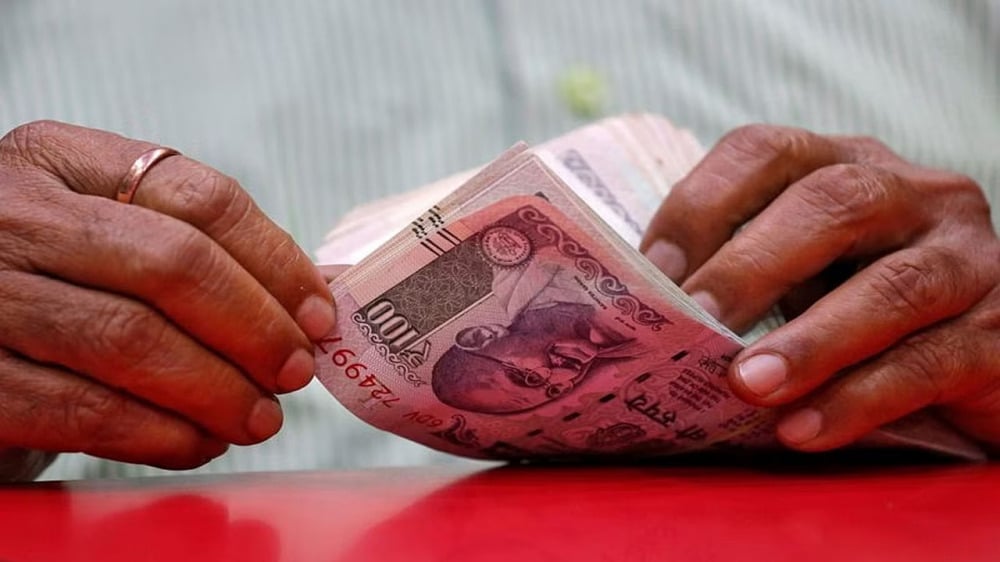
A bank account is for managing your money. You keep depositing and withdrawing money in it. However, your bank account is bound by many rules. If there is any mistake in it, then you may have to pay up to 60 percent tax. According to the Income Tax Department, if you deposit cash in your account and fail to disclose the source of income, then this huge tax will be recovered from you. This also includes 25 percent surcharge and 4 percent cess.
If you do not disclose your source of income, you will have to pay 60% tax
The Income Tax Department has the right to issue notice and recover 60 percent tax for not disclosing the source of income under Section 68 of the Income Tax Act. The government is constantly trying to make people use less cash. Efforts are being made to curb money laundering, tax evasion and illegal financial activities by imposing cash deposit limits in savings accounts.
A notification will have to be given for depositing more than Rs 10 lakh in cash
According to the Income Tax Act, if you deposit more than Rs 10 lakh in cash in a savings account in a financial year, you have to inform the tax authorities. In a current account, this limit is Rs 50 lakh. However, it is important to know that there is no immediate tax on cash deposits above the limit. Also, if you are successful in giving the correct information, then you will not have to pay any tax.
2% TDS will be deducted on withdrawals above Rs 1 crore
Section 194N of the Income Tax Act states that 2 per cent TDS will be deducted on withdrawal of more than Rs 1 crore from a bank account. However, if you have not filed ITR for the last 3 years, you will have to pay only 2% TDS on withdrawals above Rs 20 lakh and 5% TCS on withdrawals above Rs 1 crore.
 look news india
look news india